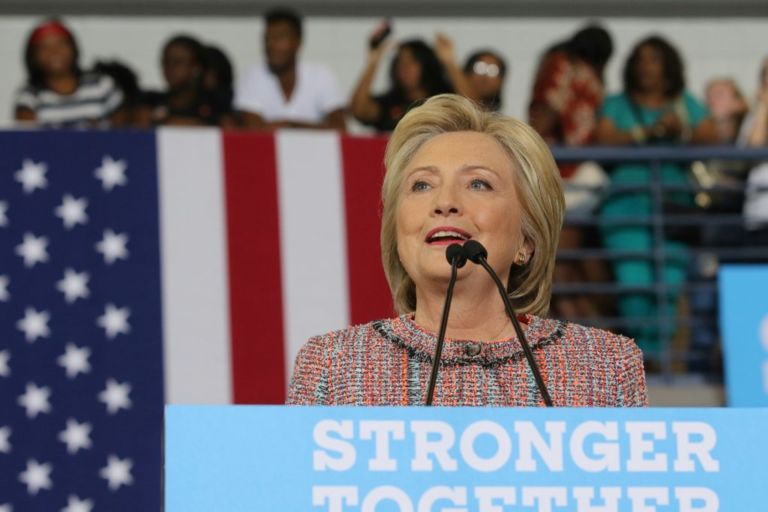Arguments that the government can bring about greater prosperity through coercion never go away. Lately, a favorite one has been the minimum wage. (Decades ago, it was “parity”pricing for agricultural goods.) Advocates seem incapable of seeing that many low-skill workers will lose their jobs and those who aren’t yet in the labor force will find fewer jobs if the state mandates higher pay. I have to wonder why they don’t insist on plain old inflation, which at least doesn’t have any direct impact on the employability of workers.
Anyway, in the letter below, Don Boudreaux takes issue with Steven Pearlstein of the Washington Post, who wants everyone to think that nobody loses job opportunities when the government demands higher pay:
Editor, Washington Post
1150 15th St., NW
Washington, DC 20071
Dear Editor:
Flaws galore infect Steven Pearlstein’s case for raising the minimum wage (“Big strides could come from a small bump in pay,” Jan. 5) – that is, his case for government intervention to strip low-skilled workers of the most valuable of the few bargaining chips they have when competing for employment, namely, their ability to offer to work for hourly pay below that of other, more qualified workers who are paid the government-stipulated minimum. Mr. Pearlstein calls government’s practice of robbing workers of this bargaining chip “justice”; I call it injustice, because it is theft of an option that many of the most disadvantaged workers must exercise if they are to find jobs.
Of course, Mr. Pearlstein wants your readers think that raising the minimum wage has little effect on such workers’ ability to find jobs. When he asks rhetorically “why do countless studies show that the impact on low-wage employment ranges from zero to small?” he gives the misleading impression that economists have reached a consensus conclusion that raising the minimum wage has little or no effect on the employment prospects of low-skilled workers. But contrary to Mr. Pearlstein’s suggestion, there are also “countless studies” that show results quite the opposite of the studies to which Mr. Pearlstein alludes.
Just last month, for example, University of California at San Diego economists Jeffrey Clemens and Michael Wither released a detailed empirical study that led them to conclude that “minimum wage increases had significant, negative effects on the employment and income growth of targeted workers” and that “minimum wage increases significantly reduced the likelihood that low-skilled workers rose to what we characterize as lower middle class earnings.”* Many other well-regarded studies reach similar conclusions.
Mr. Pearlstein does your readers – and low-skilled workers – an injustice to suggest otherwise.
Sincerely,
Donald J. Boudreaux
Professor of Economics


